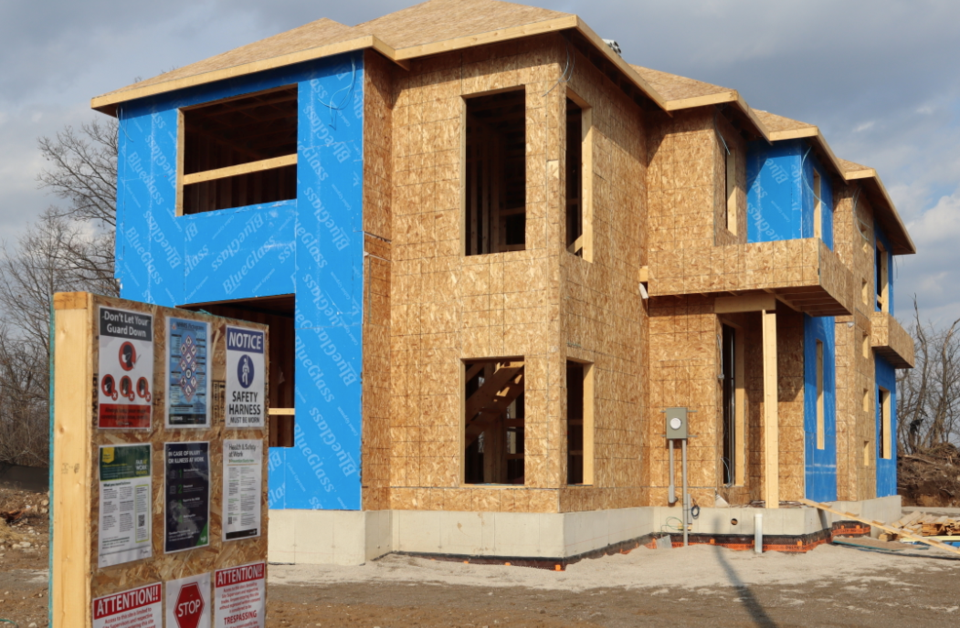Guelph will see 18,000 new homes built by 2031, if provincial officials get their way.
In a letter sent Tuesday afternoon to Mayor Cam Guthrie, the Minister of Municipal Affairs asked city council to “pledge” its commitment to achieve that target as part of a provincial effort to increase the housing supply by 1.5 million units.
“We are in a crisis. That means we should have a lofty goal,” Guthrie said when asked for his thoughts on the target given to Guelph. “I don’t think it’s right for us to dismiss it.”
Guelph is one of many cities in the province to be given a new housing allocation, with each council asked to pass a motion pledging its commitment to achieving its given target.
“We’re going to have to figure out the tools we can do that with,” Guthrie said, adding he’d like to see new housing available throughout the spectrum – from supportive and affordable housing to rentals and private ownership.
A report to the province explaining how the city will meet the pledge is due to the province in March, Guthrie noted.
Allocation letters were issued within hours of provincial legislation being introduced that’s intended to help increase the supply of housing and bring down costs.
“We’re in the middle of a housing supply crisis,” said Minister of Municipal Affairs Steven Clark during a news conference Tuesday afternoon, minutes after the legislation was introduced. “There simply aren’t enough homes being built in Ontario.”
If ultimately approved by the majority PC government, the legislation would implement 50 actions aimed at reducing government fees and speeding up the approval process for new home builds.
Those action items include allowing most single home properties have two additional units built on them without requiring municipal approval (known as inclusionary zoning); development charge and parkland dedication exemptions for affordable homes and inclusionary zoning units as well as “select attainable housing units”; freezing of development charges and conservation authority fees for development permits; and reduced property taxes for apartment buildings.

